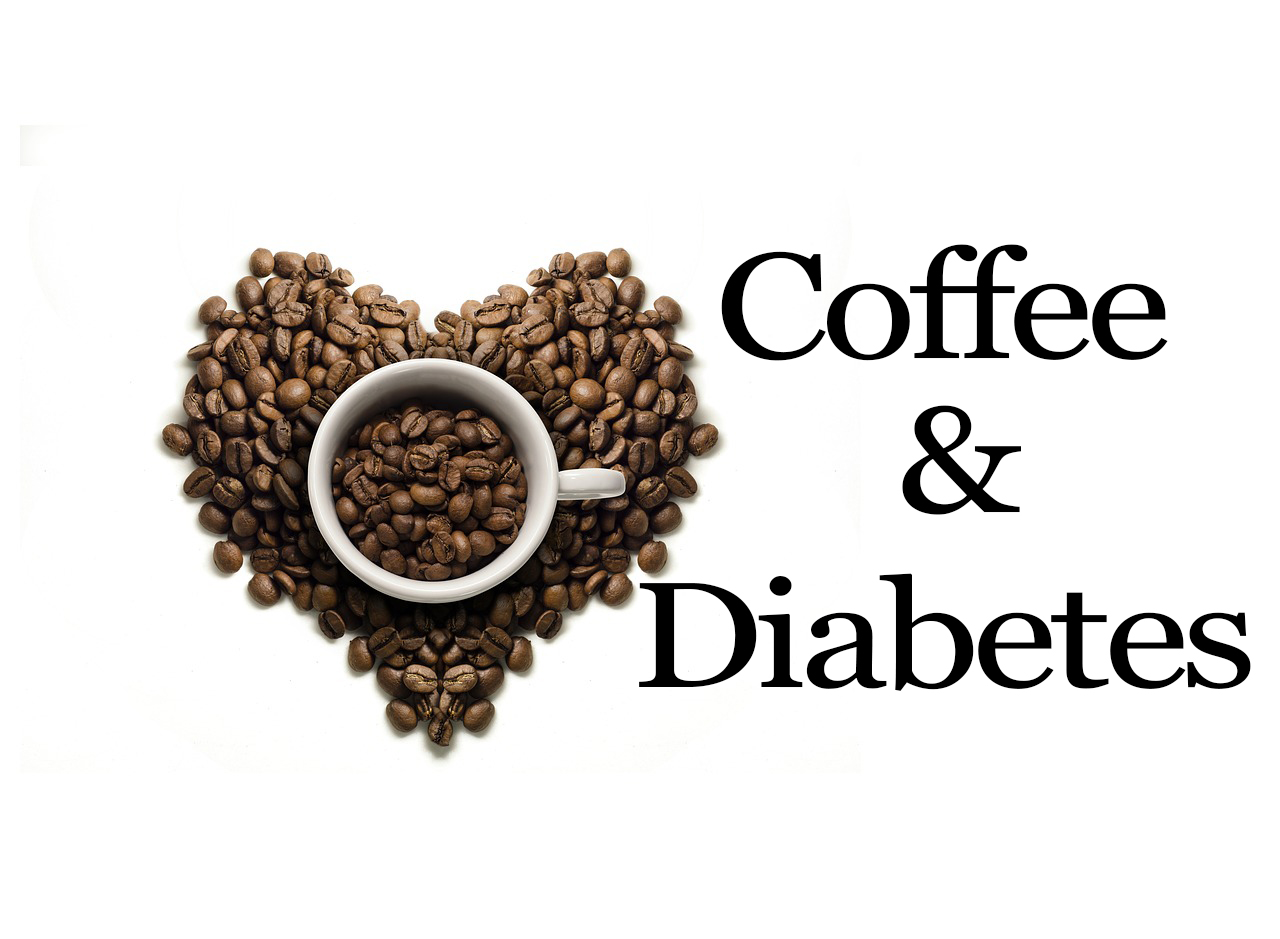
Effects Of Drinking Coffee To Diabetes
Effects Of Drinking Coffee To Diabetes
- Shelli Galici
- 16-01-2018
- 29-07-2025
- 3564 views
- Coffee Tips, Featured Articles, How To's

Diabetes is a chronic disease that about 29 million people in the United States have, and diabetes is related to having too much sugar in the body that when it’s not properly taken care of, it may lead to complications, and this leads to people ask “is coffee good for diabetes? If you do, should it be decaf or regular?” There are a lot of questions here and there if a person with diabetes is allowed to drink coffee?
Yeah, we know the health effects of coffee have been well studied, but we still have no definite answer.
Let’s look at these positive and negative effects of coffee, and find out if people with diabetes are allowed to drink coffee.
- Coffee reduces the risk of death. In a study of over 700,000 people done by the University of Southern California, people who drank coffee were 18% less likely to die in the next 10–16 years. The study group included people of various races and ethnic groups.
- Coffee is linked to lower risk of stroke. Since stroke is a major complication of diabetes, lowering your risk seems like a good idea.
- Studies indicate that coffee lowers risk of liver and mouth cancer, improves memory, and protects against Type 2 diabetes and Parkinson’s disease.
- A recent study from India found that coffee drinkers have lower fasting blood sugars. Other studies have found that coffee improves insulin function. It may lower insulin resistance.
- Some nutritionists say coffee is a major source of antioxidants, molecules that slow aging and tissue breakdown.
Downside of coffee
- Coffee has some undesirable side effects. The Mayo Clinic states that consuming more than 500–600 milligrams of caffeine a day may lead to “insomnia, nervousness, restlessness, irritability, an upset stomach, a fast heartbeat, and even muscle tremors.” It’s worth noting that 500–600 milligrams a day is a lot (about six cups of coffee or nine ounces of espresso), but some research has linked even moderate amounts of caffeine to bad health effects, according to Medical News Today.
- Coffee drinking in pregnancy may increase the risk of low-birth-weight babies. Drinking coffee with a meal containing carbs seems to raise the after-meal glucose spike.
- But coffee also gets an undeserved bad rap. Coffee does not raise the risk of heart attack or stroke, according to researchers. Coffee appears not to raise people’s blood pressure more than a few points, and it does so only for a short time.
It is no surprise that coffee can do a lot of things for our health because each tropical bean contains over a thousand different chemicals, and only about 30 have been studied.
The most popular chemical substance of coffee is caffeine which Dr. Steven E. Meredith of Johns Hopkins University School of Medicine calls “the most commonly used psychoactive substance in the world.”
Some people drink decaffeinated (“decaf”) coffee to reduce the stimulating effect of caffeine.Some studies show decaf having the same benefits for diabetes as regular coffee, but others do not.
So is coffee good for people with diabetes or not? Dr. Meredith believes individuals vary in their response to caffeine, which “may explain why there are mixed messages surrounding whether [it’s] good or bad for us.”
The bottom line is that coffee is good, but too much caffeine in our body is also bad for our health that may lead or develop other complications. That is why before jumping into your drastic measures you need to weigh things and find out if drinking coffee is good or bad for your health. But the best way to find out whether coffee is bad or good for you is to speak with your health-care provider.
We hope this article about coffee and diabetes gives you some ideas on it’s positive and negative effects on our body. To get updated to our daily grind of coffee news follow us on our social media.
Article Source Diabetes Self Management
Facebook: @loverzcoffee
Instagram: @lovers.coffee101
Twitter:@1overscoffee






















